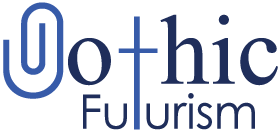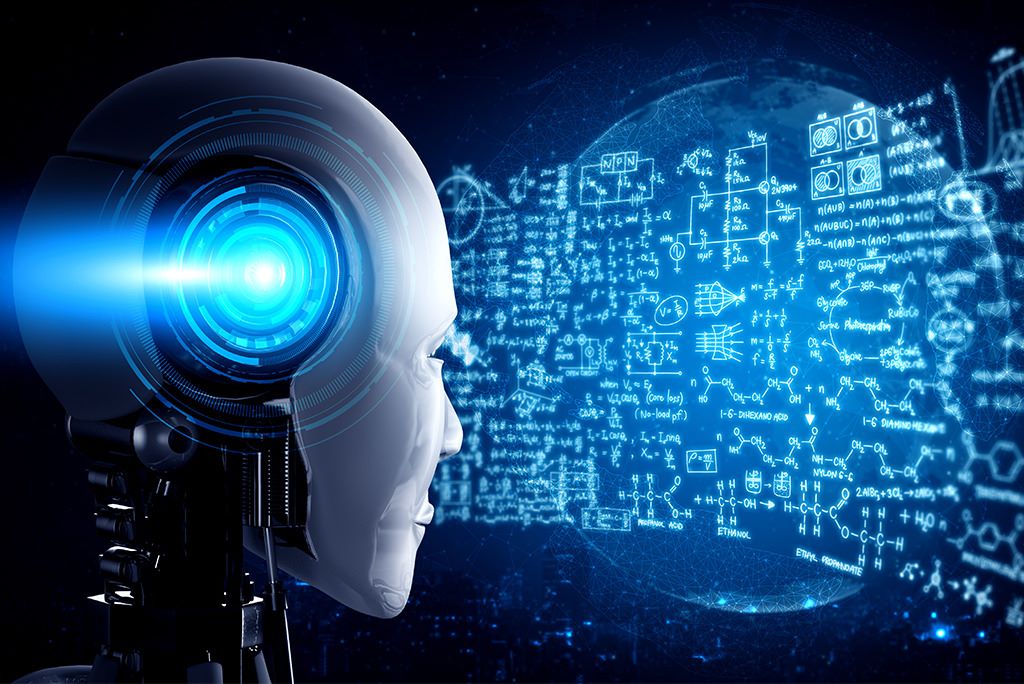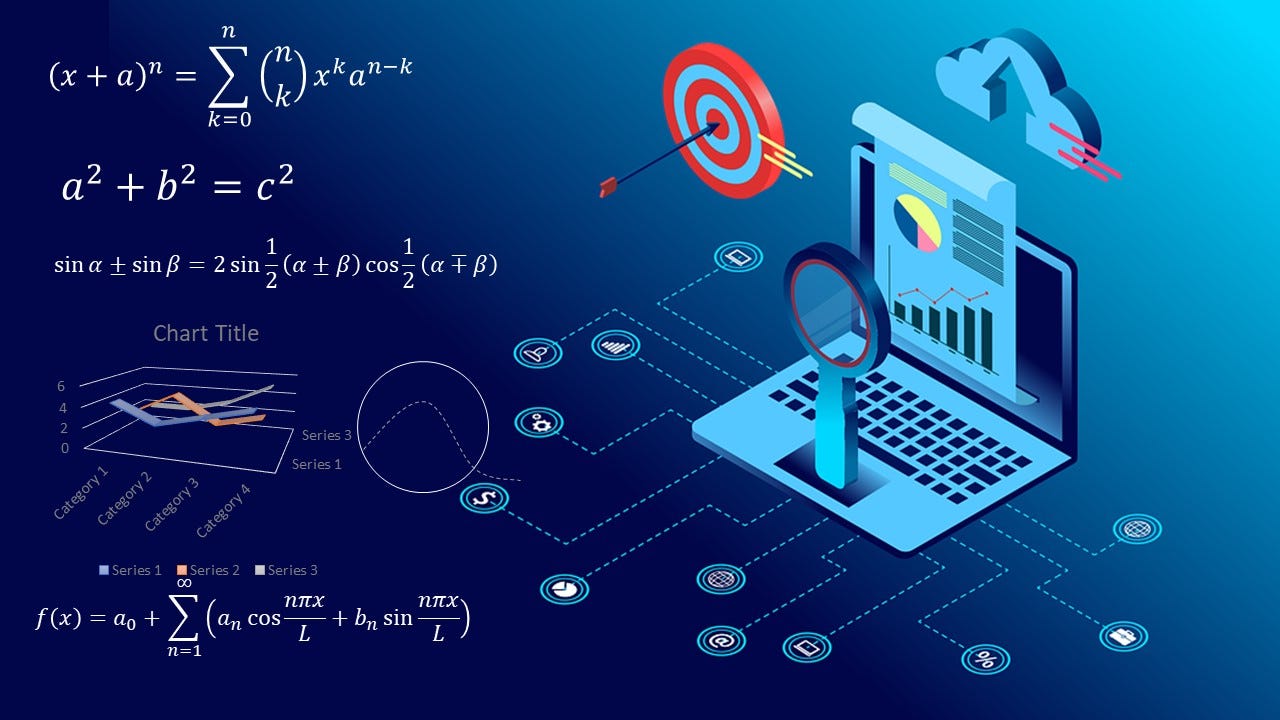If you’ve ever considered delving into the world of programming, you might have wondered if learning math is a prerequisite. It’s a common question, especially for those who are new to the field. The truth is, while having a strong foundation in math can certainly be beneficial, it’s not always necessary to learn math before programming. In this article, we will explore the relationship between math and programming, the areas where math is commonly used in programming, and how you can approach learning programming without extensive math knowledge.
The Connection Between Math and Programming
Mathematics and programming share some fundamental principles, such as logic, problem-solving, and abstraction. Both disciplines require analytical thinking and the ability to break down complex problems into smaller, more manageable parts. Additionally, math and programming rely on patterns and algorithms to find solutions. These similarities have led to the misconception that a deep understanding of math is a prerequisite for programming. Discover right now is software engineering hard.
Math in Different Programming Domains
While math is not universally required for programming, certain domains and specialized areas of programming heavily rely on mathematical concepts. Here are some examples:
1. Data Science and Machine Learning
Data science and machine learning involve analyzing and interpreting large datasets. These fields require a solid foundation in statistics, linear algebra, and calculus. Concepts such as probability, regression analysis, and optimization algorithms play a crucial role in developing accurate models and making data-driven decisions.
2. Computer Graphics and Game Development
If you’re interested in creating visually appealing graphics or designing video games, math becomes more relevant. Concepts like geometry, trigonometry, and linear transformations are used to render 2D and 3D graphics, simulate physics, and handle animations.
3. Cryptography and Security
Cryptography relies on mathematical principles to secure data transmission and protect information. Understanding number theory, modular arithmetic, and algorithms is vital in designing secure encryption and decryption systems.
Programming Without Extensive Math Knowledge
The good news is that you can start learning programming without being a math genius. Many programming languages and frameworks provide libraries and functions that abstract away complex mathematical calculations. As a beginner, you can focus on learning the core concepts of programming, such as variables, loops, conditionals, and functions, without diving deep into complex mathematical theories.
However, as you progress and develop an interest in specialized areas, you may encounter mathematical concepts that can enhance your understanding and problem-solving skills. At that point, you can choose to explore math more deeply and apply it to your programming projects.
The Benefits of Learning Math for Programming
Although not mandatory, learning math can bring several benefits to your programming journey:
- Problem-Solving Skills: Math trains your mind to approach problems analytically and think logically. These problem-solving skills can be applied to programming challenges, allowing you to devise efficient and elegant solutions.
- Algorithmic Thinking: Mathematics encourages the development of algorithmic thinking, which is fundamental to programming. Understanding algorithms and their efficiency can help you optimize your code and create more performant solutions.
- Specialized Domains: As mentioned earlier, certain programming domains heavily rely on math. If you have a particular interest in fields like data science, graphics, or cryptography, having a solid mathematical foundation will open doors to more advanced concepts and techniques.
In conclusion, while it is not necessary to learn math before programming, having a strong mathematical foundation can be advantageous in certain programming domains. For beginners, focusing on learning the core concepts of programming and building practical projects is a great starting point. As you progress, you can explore math concepts that align with your interests and career goals. What are the theories of transformational teaching? This approach allows you to harness the synergy between math skills and coding expertise, enhancing your ability to tackle complex problems and create innovative solutions. Whether you’re delving into data science, graphics programming, or algorithm development, a solid grasp of math can undoubtedly elevate your programming journey. So, while math might not be a prerequisite, it can undoubtedly become a powerful tool in your programming arsenal. Remember, programming is a versatile discipline that welcomes individuals from various backgrounds, and there is no single path to success.
FAQs
- Is it impossible to become a programmer without learning math?
No, it is not impossible. You can start learning programming without extensive math knowledge and gradually explore math concepts as you progress.
- Which programming languages require more math skills?
Programming languages used in data science and machine learning, such as Python and R, often require more math skills due to the statistical and mathematical nature of these fields.
- Can I become a successful programmer without specializing in math-related areas?
Absolutely! Programming offers a wide range of career paths, and you can find success in various domains that don’t heavily rely on advanced math concepts.
- How can I improve my math skills while learning programming?
You can dedicate some time to studying math concepts alongside your programming journey. There are many online resources, tutorials, and courses available to help you learn math at your own pace.
- Are there programming roles that require advanced math knowledge?
Yes, roles such as data scientist, machine learning engineer, and graphics programmer often require advanced math knowledge due to the specialized nature of their work. However, there are also plenty of programming roles where extensive math knowledge is not a prerequisite.


